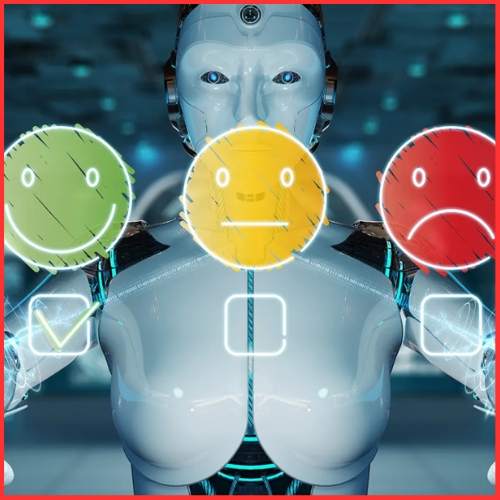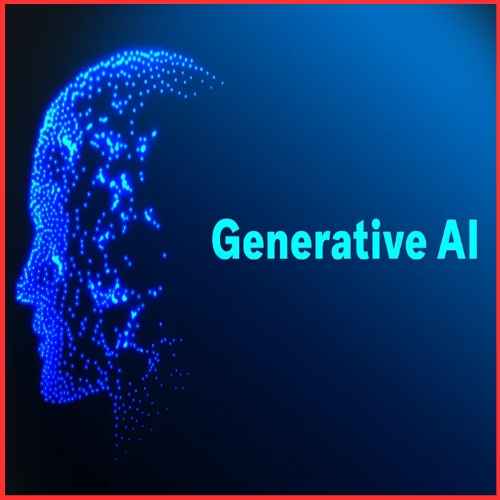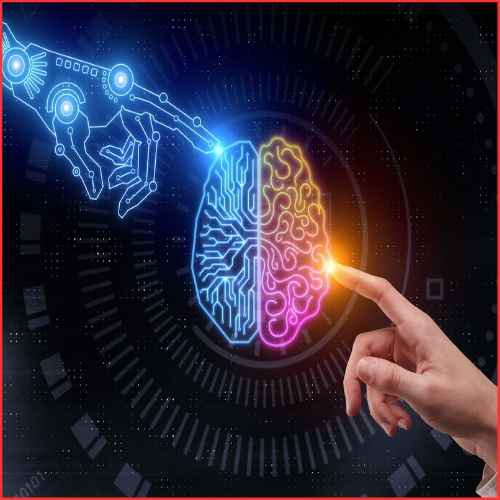According to a senior official on Monday, the European Union and Japan share “convergence” in their perspectives on generative artificial intelligence (AI).
Vera Jourova, vice-president for values and transparency at the European Commission, told Reuters: “I see a lot of convergence in how we look at AI and generative AI.”
According to Reuters, the EU is in the forefront of regulating new technology with its strict AI Act, while Japan is looking at more lenient rules than the EU to spur economic growth.
Cooperation between the EU and Japan is intensifying in areas of technology like AI, cybersecurity, and chips that are crucial for maintaining economic security.
“I recently visited China, and it’s a completely different experience. We don’t have to explain fundamental, fundamental things to one another, so I could talk to our Japanese friends, Jourova said outside a conference on internet regulation in Kyoto.
Under a mechanism established in Hiroshima, the Group of Seven industrial giants are debating regulations for generative AI, a technology that is generating both enthusiasm and alarm.
A framework for AI dialogues is now being discussed, but Jourova said a code of behaviour for businesses using AI still has to be developed.
Also earlier, Meta’s chief technical officer is quick to refute claims that the business has lagged behind rivals like ChatGPT in the rapid rise of generative AI in the tech sector.
At the company’s latest Connect developer conference, Andrew “Boz” Bosworth stated to AFP that “the majority of the world’s population will have their first experience of generative artificial intelligence with us.”
At the event, Meta showed tools for creating photos or textual content using spoken commands, as well as chatbots that have been AI-infused and have personalities.
The Netherlands and the U.N. previously started a programme to assist in preparing national agencies in Europe to oversee artificial intelligence (AI).
The research, carried out with assistance from the European Commission, was started before the AI Act, a comprehensive piece of legislation that is anticipated to control the use of AI in Europe, was passed.
The initiative will see the Educational, Scientific, and Cultural Organization of the United Nations (UNESCO) compiling data on how European nations are now overseeing AI and creating a list of “best practices” recommendations.
In order to communicate and meet with national working groups from all over Europe, including a first meeting in The Hague, the Dutch agency for digital infrastructure (RDI) will support UNESCO.














